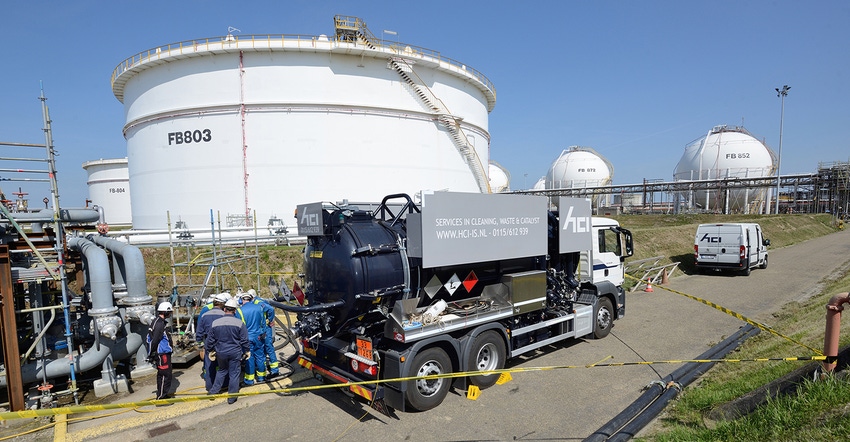An initial supply of fully circular polymers will be available to customers starting in 2022.
October 8, 2021

Dow announced on Oct. 6 several initiatives that will allow the company to provide an initial supply of fully circular polymers to customers starting in 2022.
"The market is placing significant value on circularity, and Dow is innovating to address the tremendous unmet demand for circular and low-carbon polymers," said Diego Donoso, President of Dow Packaging & Specialty Plastics. "Dow is offering our customers what they need today and helping them develop more sustainable products, including 100% recyclable solutions or adding recycled or bio-based content into their products."
The advances are part of the company’s efforts to prevent plastic waste, reduce greenhouse gas emissions, and supply recycled plastic products to customers that provide the same performance as virgin plastics made from fossil fuel–based feedstocks. Initiatives announced this week include:
Dow and Fuenix Ecogy Group are expanding on the companies' initial agreement to scale circular plastics production through advanced recycling with the construction of a second plant in Weert, Netherlands. The new plant will process 20,000 tons of waste plastic into pyrolysis oil feedstock, which will be used to produce new circular plastic at Dow's Terneuzen site in the Netherlands.
Dow and Gunvor Petroleum Rotterdam finalized an agreement to purify pyrolysis oil feedstock derived from plastic waste. Purification is required to ensure the pyrolysis oil feedstocks can produce new polymers. Gunvor will supply cracker-ready feedstock to Dow beginning this year, which will be used to produce circular plastics for customers.
Dow is fast-tracking the design, engineering, and construction of a market development scale purification unit in Terneuzen to provide additional capacity to purify pyrolysis oil feedstock derived from plastic waste.
Dow established a multi-year agreement with New Hope Energy of Tyler, TX, to supply pyrolysis oil feedstock derived from plastics recycled in North America. New Hope Energy converts used plastics into pyrolysis oil feedstock, which Dow will use to produce circular plastics.
In preparation to deliver certified circular polymers to its customers, Dow has received or is on-track to receive International Sustainability & Carbon Certification (ISCC) for each of its major European and US sites. Certification requires an independent, external audit, ensuring product supply chains are fully traceable and that Dow and its suppliers are adhering to and accelerating sustainable practices. ISSC is a global sustainable certification system covering all sustainable feedstocks, including circular feedstocks produced from plastic waste.
These advances complement Dow's recently announced partnership with Mura Technology to support the rapid scaling of Mura's new HydroPRS (Hydrothermal Plastic Recycling Solution) advanced recycling process. The world's first plant using HydroPRS is in development in Teesside, UK. The 20,000-ton-per-year line is expected to begin operations in 2023, which will provide Dow with additional recycled feedstock.
All of these efforts align with Dow’s advanced recycling goal of enabling plastics that are currently unrecyclable to be recycled, the company said. This includes flexible plastics used in packaging, which often are incinerated or sent to landfills. The plastic made from fully circular polymers will be polyethylene, which can be used in nearly any application where polyethylene manufactured from virgin feedstock is used today, Donoso told PlasticsToday.
"Dow continues to collaborate on leading technologies to enable the future we envision — the sustainable, resource-efficient production of circular plastics — to preserve the tremendous environmental benefits of plastics, including the critical role plastics play in reducing carbon emissions," said Donoso.
Dow has set targets to enable one million metric tons of plastic to be collected, reused, or recycled through its direct actions and partnerships by 2030, and to enable 100% of its products sold into packaging applications to be reusable or recyclable by 2035.
About the Author(s)
You May Also Like




